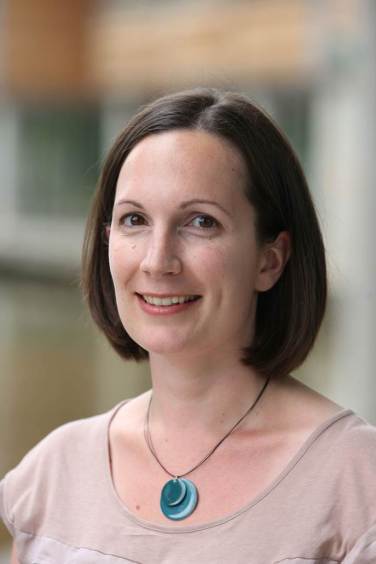This week we are very pleased to welcome two researchers – Camilla Gilmore from Loughborough and Lucy Cragg from Nottingham University to talk about their research and what it might mean for educators.
What is the 
 focus of your research?
focus of your research?
The focus of our research is understanding which general thinking skills are involved in different aspects of learning and doing maths. Our first project (SUM) had three main aims: The first was to discover how executive function skills (e.g. manipulating information in memory, flexible thinking, ignoring distractions) are involved in knowing maths facts, applying maths procedures and understanding maths concepts. The second was to distinguish between the skills needed for learning new mathematical material and those needed for performing already‐learned mathematical operations. Finally, we explored how the role of executive function skills might change as children grow older and become more proficient in maths.
What led you to this area of research?
We shared an office while doing our PhDs on mathematical cognition (Camilla) and executive function development (Lucy). At the time, people doing research on the role of executive function skills in mathematics were either experts in mathematical cognition or executive function, but not both. We decided it would be a good idea to join forces and combine our expertise to better understand the complex interactions between these two sets of skills.
Could you summarise your findings?
Some of the main findings from our work are:
1. Different combinations of executive function skills are important for different components of maths. For example, holding and manipulating information in mind (working memory) and ignoring distractions are more important for learning maths facts and procedures than they are for conceptual understanding.
2. While children’s understanding of mathematics develops dramatically through primary and secondary school, they are drawing on the same set of underlying executive function skills from KS2 right through to young adulthood.
3. In children who have just started school, mathematical and executive function skills interact.
4. Children with good procedural skills have better overall mathematics achievement if they also have good conceptual understanding and working memory.
5. Young children with similar levels of overall mathematical achievement can show very different patterns of strengths and weaknesses across the component skills.
What do you think this means for teachers in the classroom?
If a child is having difficulties with maths, it makes sense to look at their strengths and weaknesses in learning maths facts, carrying out procedures and understanding concepts, rather than focusing on their overall performance. It might also be helpful to consider the underlying skills, such as how good they are at storing and manipulating information in mind, ignoring distractions and thinking flexibly. Maths is a complex subject and there are many reasons why children might struggle; sometimes it’s related to general thinking skills, rather than maths-specific skills.
If you could give one tip to teachers based on your work, what would it be?
You might want to consider how the activities you use in the classroom challenge children’s executive function skills, such as the amount of information they need to hold in mind. Sometimes this might be a good thing, but at other times you might want to reduce these demands, by using concrete manipulatives such as hundred squares or number lines for example, so that children have the cognitive resources to focus on a new idea that is being introduced.
